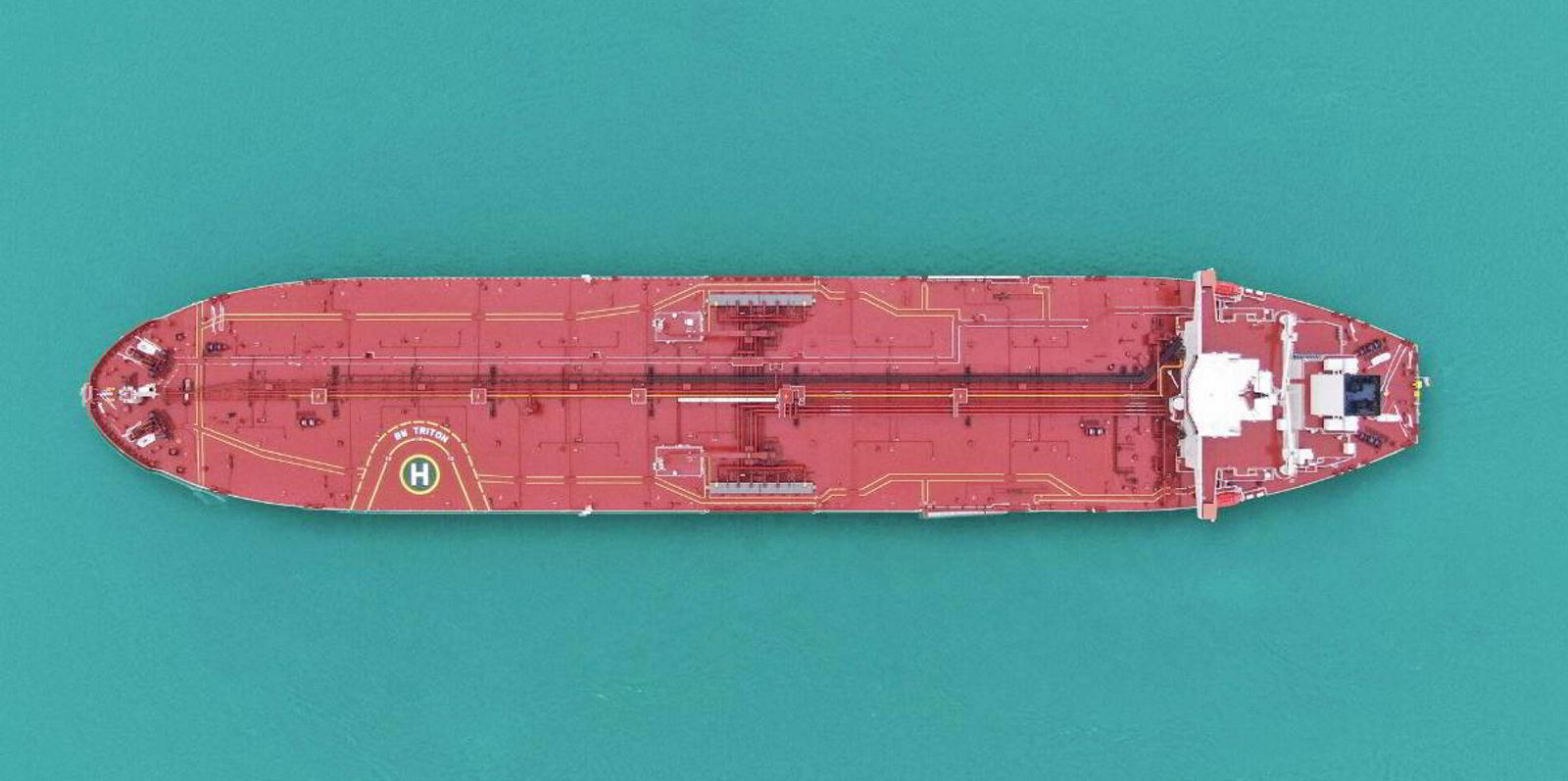The renewed crew-change crisis as a result of Covid-19 surges in countries such as India is driving seafarers to potentially take ever more desperate measures.
This is the view of Sophia Onken, a partner and clinical psychologist at Mental Health Support Solutions (MHSS), which provides round-the-clock help to those on board vessels.
She told TradeWinds that the MHSS team has seen an increase in crew members telling their employers or colleagues they could take drastic action if they are unable to leave their ships — including jumping overboard.
Onken said this leads to increasing "conflict resolution" work.
But she added that she sees communication as key in giving seafarers back "some control through staying in touch".
Onken recommends briefings involving masters every day so seafarers do not feel left on their own and in the dark on wider developments, thus reducing frustration and anger.
Changes now easier
MHSS managing director Charles Watkins said: "It used to be even harder to get off the ships. Lots of reports are coming in that crew are able to get off."
MHSS is also receiving calls from Indian seafarers whose family members have been hospitalised and who want to go ashore.
"That is easier than it used to be," Watkins said. "The problem is they have to stay quarantined for so long before they can go back."

Watkins said the regulatory hurdles facing crew members are difficult in India, leaving mariners feeling helpless.
"That's creating a lot of anxiety," he said.
Covid-19 worries
Onken said seafarers are also worried that they may have caught the virus, while Watkins has noted a lot more cases of sudden deaths, which is "scaring" seafarers.
"We hadn't seen that during the first and second wave," he said. "We've had a lot of reports that people had died on board or in hospital within one or two days."
He said not all vessels are equipped with quick tests aboard, forcing crew to go ashore.
MHSS has stressed the importance of the conditions on board a ship in shaping the mental health of crew members.
The company has carried out its own research to add to a British project that analysed merchant shipping between 1976 and 2002.
Working conditions crucial
The British research found that nearly one-third of suicides on board in that period involved vessels with unfavourable working conditions.
MHSS said the lowest-ranking seafarers are most at risk, as they are less likely to feel in control of their own destiny and less experienced in dealing with stress.
Onken said there is also a theory that professions with easy access to methods of suicide exhibit higher incidences of this.
For seafarers, the option of death by drowning is a constant possibility.
Onken suggests a "buddy system" on board ships, connecting ratings with officers to share their experiences.
She added that the variable nature of shift patterns, allied to a lack of sleep, can also affect mental health.
Proper nutrition is also important in a crisis like the pandemic, as is sufficient social contact.







